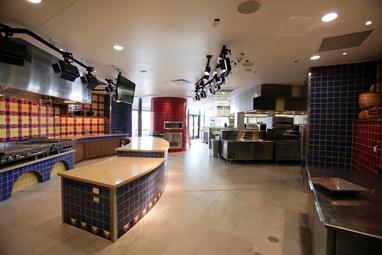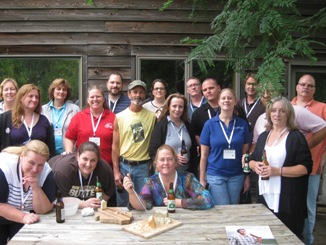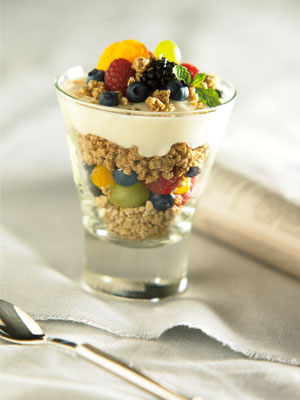A Cooking School for the Americas and a Swiftly Turning Planet
Sunday, 31 October 2010 07:10
 Culinary leaders from the Western Hemisphere gathered last month in San Antonio to celebrate El Sueño, The Culinary Institute of America’s mission to promote Latino diversity in the foodservice and hospitality industries.
Culinary leaders from the Western Hemisphere gathered last month in San Antonio to celebrate El Sueño, The Culinary Institute of America’s mission to promote Latino diversity in the foodservice and hospitality industries.
The Culinary Institute of America celebrated the official opening of its expanded 30,000-square-foot campus in San Antonio, Texas, in October 2010 with a festival that included food, music, a healthy-snack competition for local high-school students and culinary demonstrations by chefs ranging from Rick Bayless to Johnny Hernandez. The opening marked the completion of the second phase of the CIA's El Sueño initiative that was launched in San Antonio to promote Latino diversity in the foodservice industry.

 Educator winners of the Wisconsin Milk Marketing Board’s 2010 healthy-cooking recipe contest through CAFÉ enjoyed a thorough and flavorful immersion in Wisconsin cheeses on tour.
Educator winners of the Wisconsin Milk Marketing Board’s 2010 healthy-cooking recipe contest through CAFÉ enjoyed a thorough and flavorful immersion in Wisconsin cheeses on tour. Online resources from the turkey industry will help students better understand how to deliver customer satisfaction while contributing to a healthy bottom line amid a “perfect storm” of challenges for operators.
Online resources from the turkey industry will help students better understand how to deliver customer satisfaction while contributing to a healthy bottom line amid a “perfect storm” of challenges for operators. More easily applied in the culinary lab than the classroom, keep the learning active, engaging and authentic.
More easily applied in the culinary lab than the classroom, keep the learning active, engaging and authentic. They’re easy to include, but hard to find.
They’re easy to include, but hard to find.